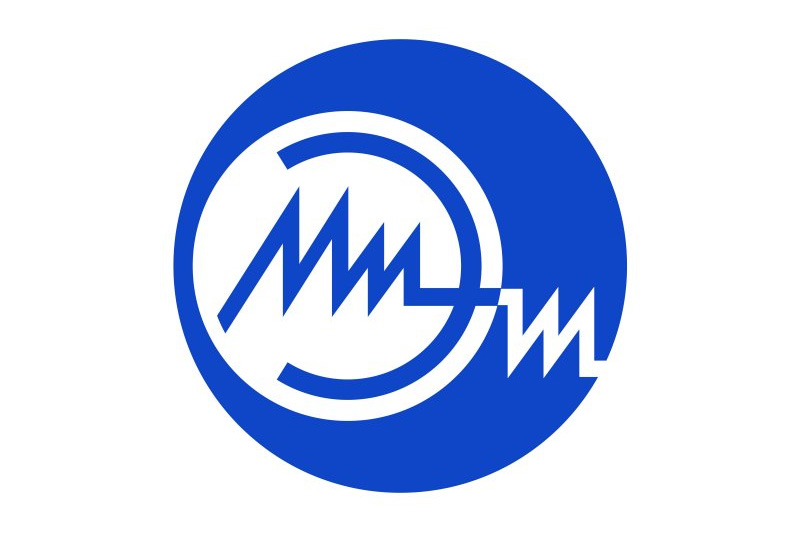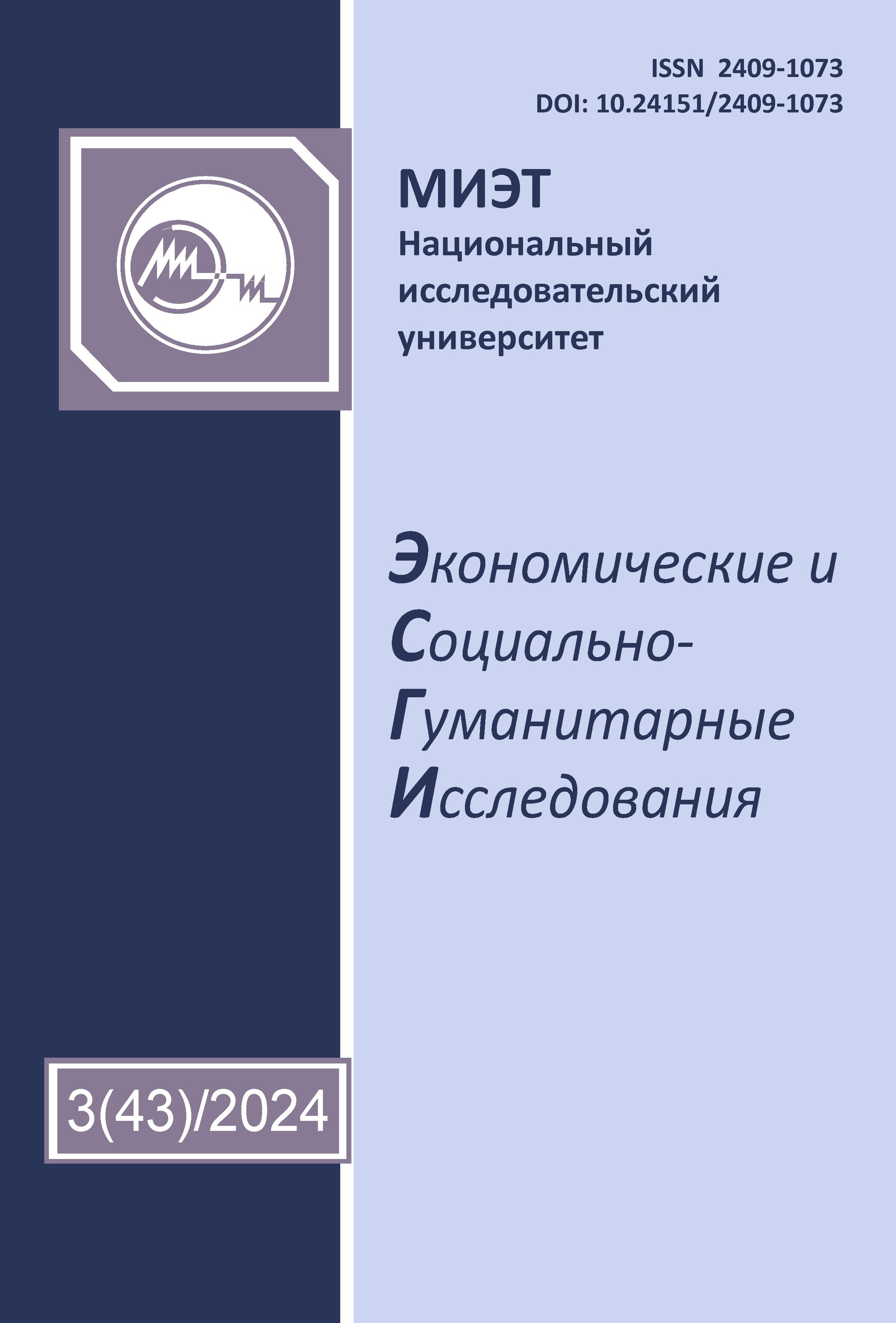employee
Kuzbass State Agrarian University named after V. N. Poletskov (Educational Technologies Department, Professor)
employee
Kemerovo, Russian Federation
MIET (editorial office, editor-in-chief)
Russian State Social University (Department of Political Science and Applied Political Work, Professor)
employee
National Research University "MIET" (Department of Philosophy, Sociology and Political Science, Professor)
Moscow, Russian Federation
UDC 004
In this work, the authors examined from a philosophical perspective the transformation of ethical instruments under the influence of digitalization and cited the opinions of renowned researchers on the relationship between digitalization technologies and the behavioral patterns of individuals. The formation of virtual space with not yet formalized norms and rules of intersubjective interactions is traced. The definitions of goodness as a basic ethical category are considered. Guided by the system-activity understanding of the good, the authors have established the vectors of transformation of the good in the social context of the digital age and have revealed the possibilities of information and communication technologies in improving the well-being of society. The importance of digital tools for the implementation of constructive activity for the modernization of the institute of education, transformation of relations between the state and society, improvement of the ethical level of life of the society has been outlined.
digitalization, ethical instruments, ICT, society, good, freedom, human, behavior, virtual space, constructive action, state
1. Bakhchiyeva O. A. “Approaches to Definition of Concept of Morality”. Nauka i shkola = Science and School 4 (2013): 147—153. (In Russian). EDN: https://elibrary.ru/RCWEXL.
2. Grineva O. A. Transformation of Human Existence under the Conditions of Contemporary Information Society: Socio-Philosophical Analysis: extended abstract of Cand. Sci. (Philos.) Diss. Krasnoyarsk, 2017. 21 p. (In Russian). EDN: https://elibrary.ru/BDHSVQ.
3. Grineva O. A. Transformation of Human Existence under the Conditions of Contemporary Information Society: Socio-Philosophical Analysis: Diss. for the Cand. Sci. (Philos.). Krasnoyarsk, 2017. 154 p. (In Russian). EDN: https://elibrary.ru/ZJTQPR.
4. Ioseliani A. D. “Specificity of Human Everyday Life in the Digital World”. Manuskript = Manuscript 13.4 (2020):115—119. (In Russian). https://doi.org/10.30853/manuscript.2020.4.23 EDN: https://elibrary.ru/VYMWIU.
5. Castells Manuel. Communication Power. 2nd ed. Oxford: Oxford Univ. Press, 2013. 574 p.
6. Osintseva N. V., Muratova I. A. “Transformation of Ethical Values Under the Conditions of Digital Technologies Development”. Manuskript = Manuscript 13.1 (2020): 171—175. (In Russian). https://doi.org/10.30853/manuscript.2020.1.35 EDN: https://elibrary.ru/TOVBUT.
7. Nekrasov A. S., Nekrasov S. I., Nekrasova N. A., Klepatskiy V. V. “From the ‘Information Man’ to the ‘Digital Man’ ”. Vestnik Universiteta Rossiyskoy akademii obrazovaniya = Herald of the University of Russian Academy of Education 3 (2019): 4—10. (In Russian). EDN: https://elibrary.ru/LIQTUO.
8. Rousseau Jean-Jacques. Discours sur les sciences et les arts (1751). Paris: Le Livre de Poche, 2004. 96 p. (In French).
9. Philosophical Dictionary. Ed. by I. T. Frolov. 7th ed., rev. and upd. Moscow: Respublika, 2001. 719 p. (In Russian).
10. Fromm Erich. The Heart of Man: Its Genius for Good and Evil. Ed. Ruth Nanda Anshen. New York: Harper & Row, 1964. 151 p.
11. Huizinga Johan. In de schaduwen van morgen. Leusden: ISVW Uitgevers, 2019. 158 p. (In Dutch).










